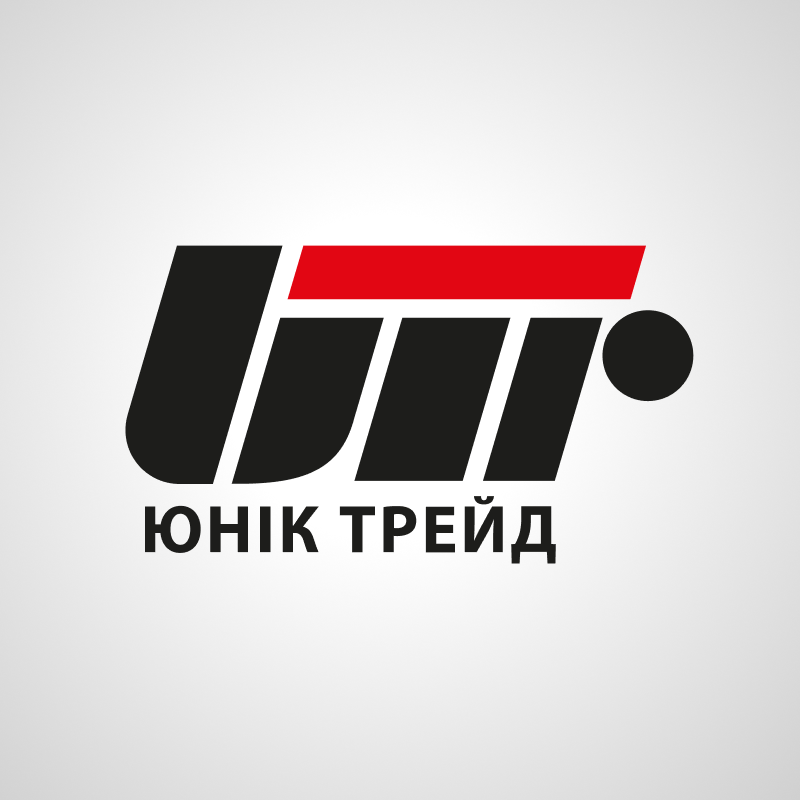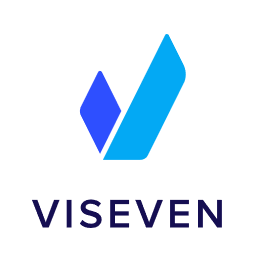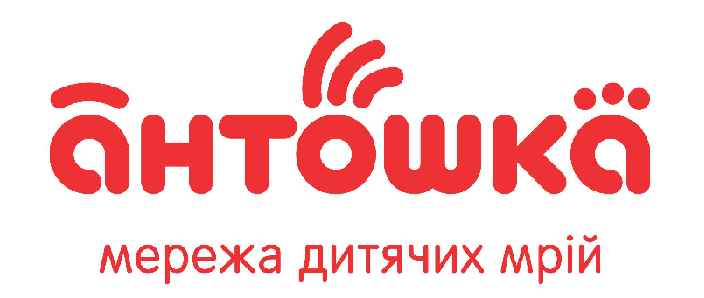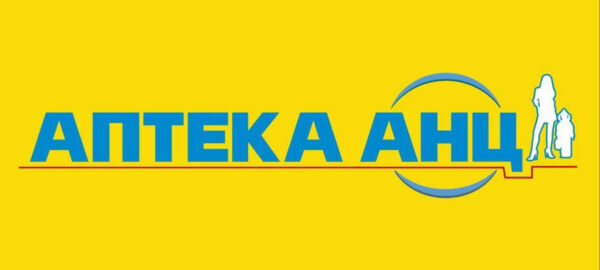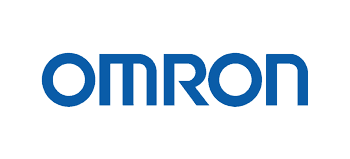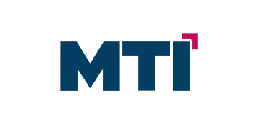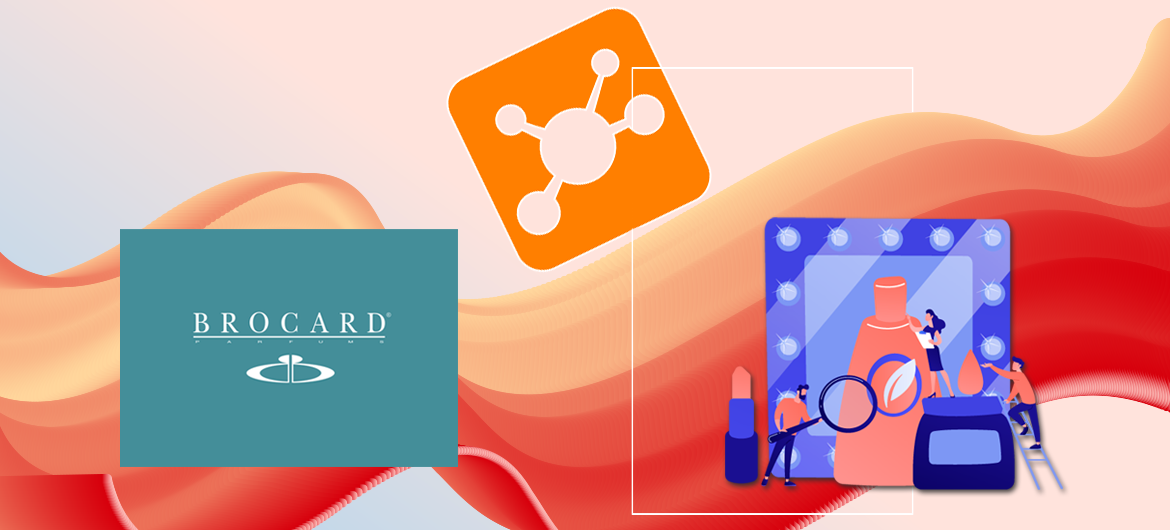
Process automation, employee retention and learning in shelters. The case of BROCARD
Two or three years ago, all the media were raving about the paradisiacal working conditions and corporate culture of tech giants. Working for Apple, Amazon, or Meta seemed like a dream come true. Today, they top the ranking of the worst American companies for staff retention: it appears that, on average, their employees quit before even reaching their second anniversary.
In contrast, the BROCARD chain of stores has been regularly ranked among the top ten best employers in Ukraine since 2017. It is worth noting that when compiling the list of nominees, not only salaries and social guarantees are taken into account, but also learning opportunities, staff motivation and career prospects.
10, 15, and even 25 years of work – the network’s employees joke among themselves that you can leave on maternity leave or your husband, but not the company. We talked to Iryna Semenenko, head of the BROCARD learning center, and Tetiana Datsenko, portal administrator, about the role of online learning in employee retention, its implementation, and transformation.
BROCARD is the country’s largest luxury perfume and cosmetics chain. As of today, it represents more than 300 global premium brands and has 66 retail stores in 22 cities of Ukraine. The company believes that taking care of employees is as important as taking care of customers, so it pays a lot of attention to their motivation, growth and development.
Benefits of going online
What did learning at the company look like in the early 2010s?
Usually, trainers created an on-screen presentation and printed methodological materials for each participant. At the request of the store managers, they were sent throughout Ukraine.
The amount of printed materials was huge! So the BROCARD office staff repeatedly witnessed printers breaking down and failing to withstand the load. When the company purchased several specialized Xerox machines, it made the process a little easier. But they still had to manage to staple all the sheets together.

Unfortunately, there were no other options at the time.
As a result, we can say that the trainer was not only a learning manager, but also a brochure maker and a printing operator. Each of them had an average of 20 brands in their portfolio, and they had to keep their materials up to date. It was the same as correcting 10 books every month.
For offline trainings, test sheets were additionally printed, where participants chose the correct answers. Checking such tests also took time. After a busy day, a tired trainer might not notice a mistake, because he was also the organizer of the event.

In addition, the location of retail stores in different regions of Ukraine made it impossible to ensure that all employees participated in training events. Add to this the fixed costs associated with renting premises, food, relocation and accommodation of employees, etc.
That’s why the company’s management came up with the idea of optimizing material and human resources by going online.
Our primary need was to connect quickly, inform the staff in a timely manner, and control the knowledge gained. The introduction of the online format helped us speed up the process. I can say that over the 10 years that we have been working with LMS Collaborator, our main request has remained the same, only the requirements for content submission have changed.
Iryna Semenenko, Head of the BROCARD Learning Center
The company had been looking for a learning platform for about two years.
In 2012, to avoid constantly printing tests, trainers downloaded test forms from brands to a service that had a tree-like structure. However, its peculiarity was that it allowed opening additional tabs in the browser and using the search to copy the text of the answers, which was completely unsuitable for the company.
With the beginning of the war in 2014, BROCARD’s management set out to find platform developers with Ukrainian roots. At that time, two LMSs were seriously considered. The idea of customizing the free, open-source Moodle system was rejected almost immediately, as it was important for the company to move to online learning as soon as possible.
In addition, the management planned to implement all Microsoft applications. Then came MS Teams and the need to control webinar attendance, so the ability to integrate with this application was a must.
The main advantage of LMS Collaborator was that it was created by Ukrainian programmers. I remember that we even had a debate with the head of the IT department about the flexibility of the approach of a large, stable team and a small team. He argued that the latter would cope with adding new modules much faster.
At that time, we did not yet understand what path the development of online learning would take in the company, but Ukrainian roots and flexibility of developers were the main criteria we focused on.
Tetiana Datsenko, portal administrator at BROCARD
Challenges of implementing distance learning
The new format was certainly unusual for employees. Knowledge testing always causes not only embarrassment but also some stress for the staff. The need to demonstrate computer skills in addition to their professional knowledge only made the process more difficult. On the other hand, you can concentrate better in solitude and peace than in a training center classroom. That’s why employees’ attitudes to this innovation varied.
The only significant – and rather atypical for the modern digital generation – problem that BROCARD faced at the beginning of e-learning implementation was the technical component. Employees complained about the inability to view materials electronically because not all platform users had smartphones, tablets, or computers. Back then, push-button phones without the Internet were commonplace.
First of all, the company had to solve the issue of technical support. For example, a store administrator works at his or her computer, and at the same time, a consultant needs to take a course or webinar. Obviously, they could not do this at the same time. So the BROCARD management decided to purchase tablets for learning.
The next task was to motivate the sales staff to work through the materials on their own. At first, the trainers of the learning center provided them in free access, without limiting the period of familiarization, but then they realized that it was up to them to create the pace of learning.
“Work-long learning”
Today, the company employs 1453 people, 80% of whom are sales staff. They make up the bulk of online students.
From the very first days of work, a new employee is involved in the adaptation program. The consultant needs to not only tell the history of the company, but also provide relevant scripts on sales techniques, help them understand the terminology and pronunciation of brand names, show them how the LMS works, introduce them to the basics of cosmetology, perfumery and makeup products, etc. Cashiers also have their own steps in learning. So the first month of work is usually very busy.

However, the training does not end there. After the internship, the sales staff constantly attends webinars, takes courses on perfumery and cosmetics products, communicates on forums, and participates in surveys. In the near future, the company also plans to involve office staff in mastering cybersecurity skills.
Administrators and store managers also learn how to create and maintain effective teams. Together with their subordinates, they attend all the webinars and take the assigned courses, of which we have more than 200.
Tetiana Datsenko, portal administrator at BROCARD
Most of the company’s training programs are dedicated to brand products. Standard BROCARD courses consist of a presentation, videos, and testing. Webinars include quizzes or quizzes. All materials are stored in the Knowledge Base so that employees can return to them whenever they need to.

Sometimes time-limited tests can open immediately after the end of a video lecture. However, the assessment of the level of knowledge gained by employees is not only based on successfully completed tasks, badges or reports. The main focus is on the implementation of theory into practical skills, i.e., on increasing sales and improving the quality of service.
There are 10 employees directly involved in developing content, creating digests, and moderating online learning. However, BROCARD also involves international training departments of partners and suppliers, brand managers, and translators in delivering information.
Usually, the topics of the courses are discussed by the entire learning center. Marketers also provide the most popular customer requests from the BROCARD online store and mobile application, and the administrative team provides them from the chain’s retail stores. For example, a series of webinars on cosmetology and skin care products has been launched, so employees often initiate their own development.
Learning during the war
During the covid quarantine, the consultants absorbed information very quickly. However, after the full-scale invasion, it took time to realize their emotional state, get used to functioning in conditions of uncertainty, and get used to flexible planning for the short term.
To support employees, the company’s management decided to develop a psychological self-help course. It can be said that with its publication, BROCARD has resumed learning again.

The war destroyed employees’ homes and stores in the eastern region. The company tried to reconnect with all team members. So, despite the service’s integration with Telegram, the employee survey was conducted directly on the platform, as it has a more confidential format, unlike social media.
One of the BROCARD trainers is a Gestalt therapist. She began conducting online consultations with colleagues who needed emotional and psychological help through the Collaborator LMS.
During the first months after the full-scale invasion, the corporate portal became one of the means of communication that provided communication with the staff, inspired and supported them during the most difficult period.
Iryna Semenenko, Head of the BROCARD Learning Center
Unfortunately, the company lost its stores in Mariupol, Kremenchuk, Kherson, and the store in Kryvyi Rih was damaged. But recently, BROCARD has resumed operations in Sumy and Mykolaiv. Employees continue to believe that sooner or later this will happen to all stores in the chain.
The search for possible options for working under martial law never stopped. Employees were constantly discussing at meetings how they dealt with alarms and blackouts. The company also encouraged staff to study the map with shelters.
Portable lights were purchased centrally for the stores in case of a power outage. Employees filled out receipts and logs by hand, but did not stop working. Later, a powerful eco-flow was installed in the office and a network of computers was connected to it. This is how BROCARD created its own “Point of Invincibility”.
During an alarm, the webinar broadcast stops and employees immediately go to the shelter. All international speakers are warned in advance about the possibility of such a situation. There was a case when this saved the lives of the team. If there is good communication in the shelter, employees do not even interrupt their participation.
The consultants are asking the management about returning to the offline format, because now it continues to exist only in the form of short field trainings. For obvious reasons, it is difficult to predict this yet. Employee safety comes first. Yes, trainers visit stores, listen to consultants talking to customers directly in the sales area, and answer their questions, but that’s all for now.

Of course, the holiday format of the in-person training provided motivation and inspiration, but not always the same was true for knowledge. For example, when the consultants traveled to Kyiv to see a famous perfumer, it was mostly an entertaining and inspiring event. Online training, according to the trainers themselves, is more about professional development and acquiring new skills.
For companies that are just planning to implement e-learning, I advise you to first critically evaluate the amount of materials you plan to place on the platform. Initially, we stored them on our own servers, and this added to the work of our IT department. They were only able to breathe a sigh of relief when the materials were moved to a cloud service (ed: SaaS), so having this choice is important.
Automating the sending of announcements, reminders, status updates, and webinar invitations will also make life much easier for the LMS administrator and speed up the learning process. In addition, I recommend paying attention to the amount of file storage and integration with work applications that are already used in the company. Believe me, there are no trifles here, so don’t be lazy and use the trial period to the fullest!
Tetiana Datsenko, portal administrator at BROCARD





